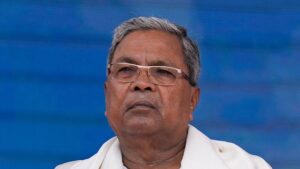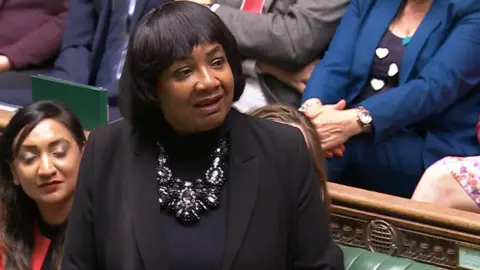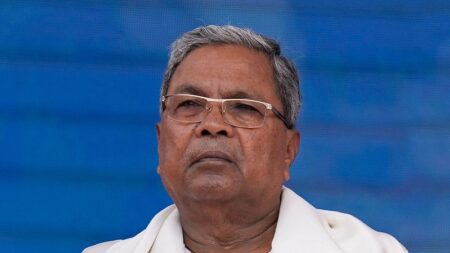In a notable political development, a government minister has responded to claims made by Diane Abbott, the veteran MP and prominent Labour figure, that the leadership of the Labour Party intends to push her out. Abbott’s concerns surfaced following her recent suspension for a second time, primarily over remarks she made regarding racism which were deemed controversial.
Treasury Minister James Murray swiftly countered Abbott’s assertions, marking it as “absolutely not the case” that Number 10, referring to the Prime Minister’s office, sought her expulsion from the party. This situation highlights the ongoing internal strife within the Labour Party, particularly around issues of race and the handling of sensitive matters.
The context of the situation traces back to Abbott’s previous suspension in 2023. At that time, she wrote a letter to a newspaper which sparked outrage as she compared the experiences of racism faced by people of color to what she termed the “prejudice” experienced by Jewish individuals, Irish descendants, and the Travellers community. Following significant backlash, particularly from Jewish and Traveller advocacy groups, she issued an apology and was subsequently readmitted to the Labour Party after an extended period of suspension.
However, Abbott’s most recent suspension was triggered by her comments during an interview with James Naughtie for BBC Radio 4, in which she said she did not regret her former remarks about racism, asserting that they were valid. In this interview, Abbott further stated, “it is obvious this Labour leadership wants me out,” underlining her belief that her position within the party is increasingly precarious.
In response, James Murray emphasized that the Labour Party is adhering to standard procedures regarding Abbott’s case. He urged for the internal investigation to be respected and allowed to unfold without external pressures from ministers, pledging a resolution “as swiftly as possible.” This insistence on procedural integrity reflects the complex dynamics at play within Labour, especially concerning Abbott’s controversial statements.
Complications arise as Abbott herself maintains that her statements are factually correct, and she used her social media to share clips of her interview as her suspension news broke. In her comments, Abbott argued that there must be distinctions in understanding the types of racism, notably emphasizing that racism based on skin color is displayed more overtly than other forms of prejudice that may not be immediately recognizable.
This situation has sparked a wider discourse on race, identity, and the safeguarding of political figures within party structures. Notably, advocacy from some Labour MPs, including Richard Burgon and Ian Lavery—both from the party’s left faction—has emerged in defense of Abbott, viewing her as a victim of overreach in handling disciplinary processes.
The Deputy Prime Minister Angela Rayner also weighed in on the situation, affirming that there is no place for antisemitism in the Labour Party, and echoed the challenges posed when individuals double down on previous statements after admitting past errors. Rayner’s comments underscore the precarious balance that political leaders must navigate between maintaining party unity and addressing allegations of racism or discrimination.
Furthermore, it’s important to note that a prior investigation into Labour’s handling of antisemitism allegations revealed institutional discrepancies in addressing complaints. This ongoing saga raises critical questions about the party’s disciplinary mechanisms and their implications for unity and representation in contemporary politics.
As events continue to unfold, Abbott remains a central figure, with her seat in Parliament as an independent following her loss of party affiliation due to these recent controversies. Her long-standing presence as the longest-serving female MP in the Commons since 1987 adds an additional layer of complexity to this narrative, particularly as it ties into broader discussions about race, representation, and the evolving nature of party politics in the UK. The Labour Party has opted to withhold comments on the ongoing investigation into Abbott’s remarks, signaling a cautious approach as they navigate the political landscape.











